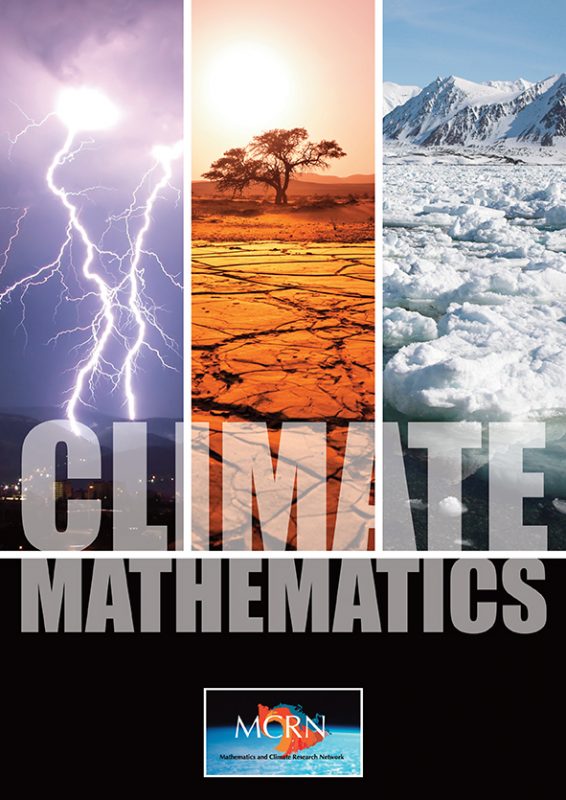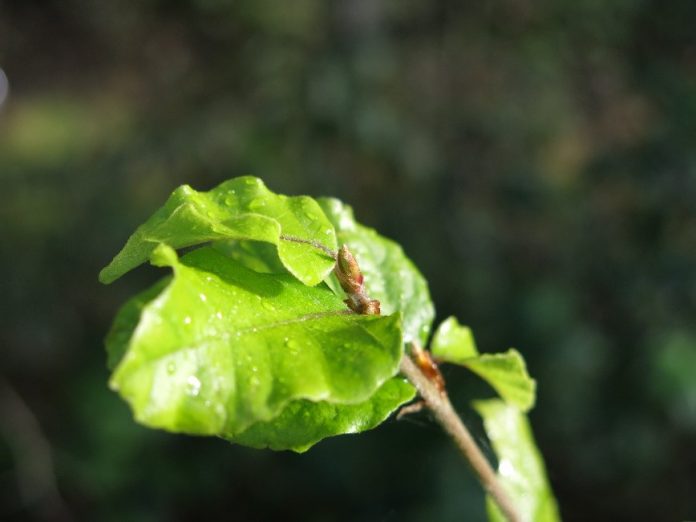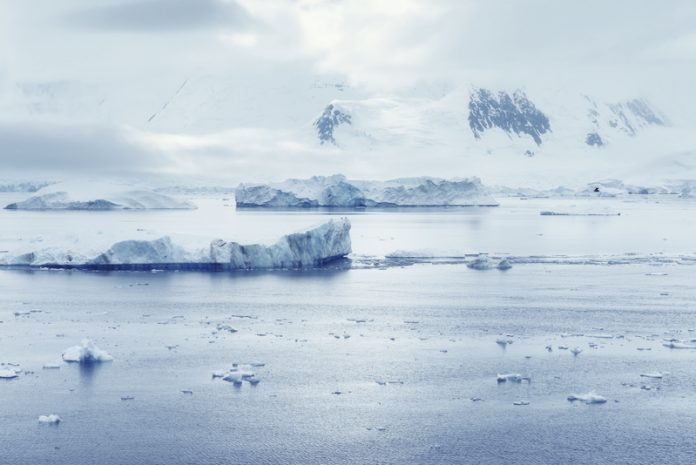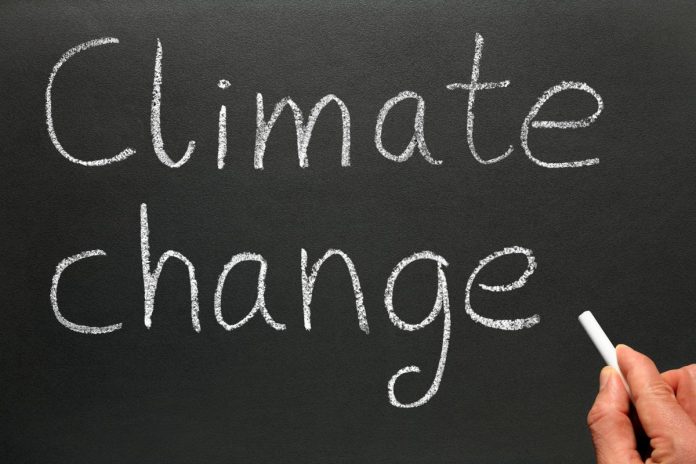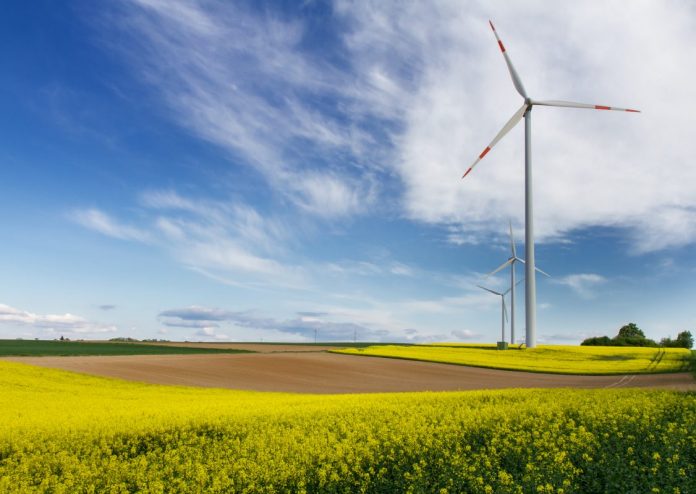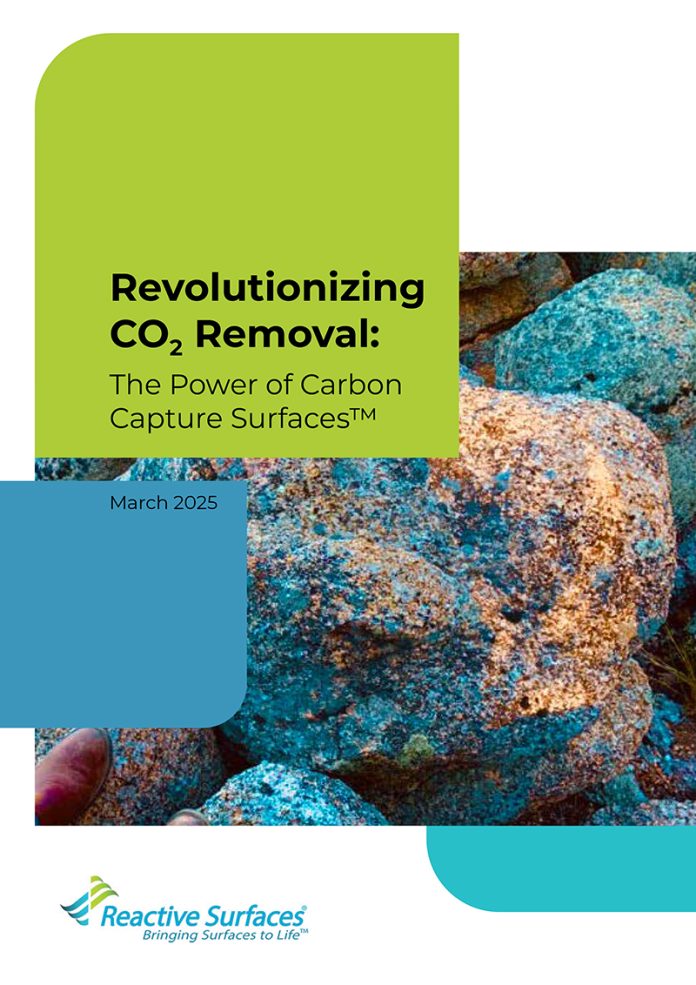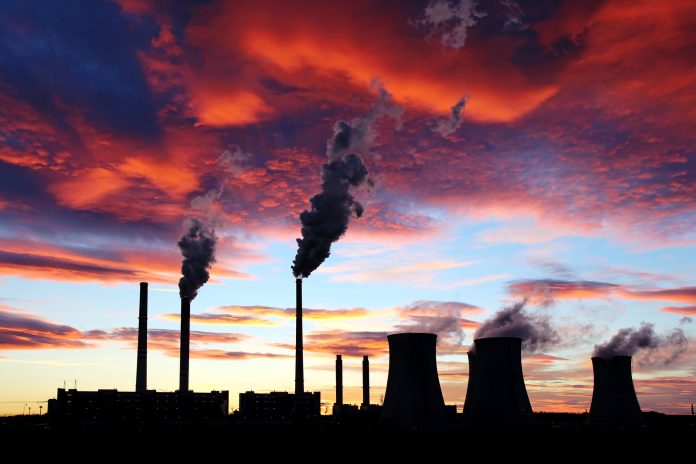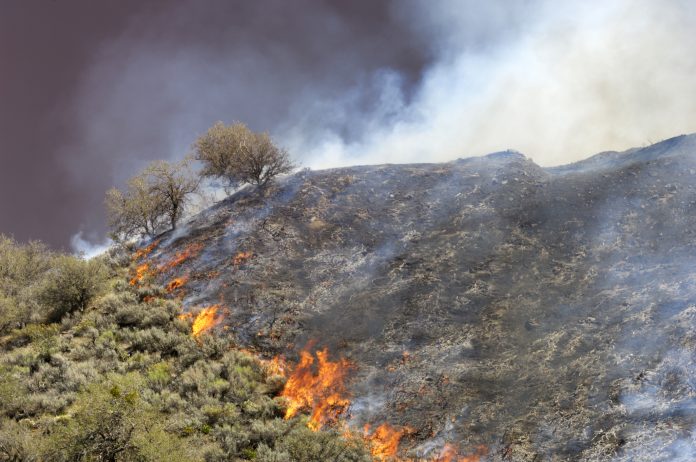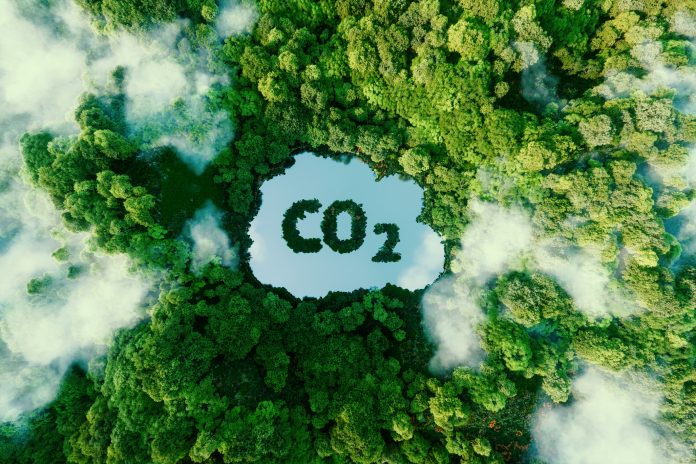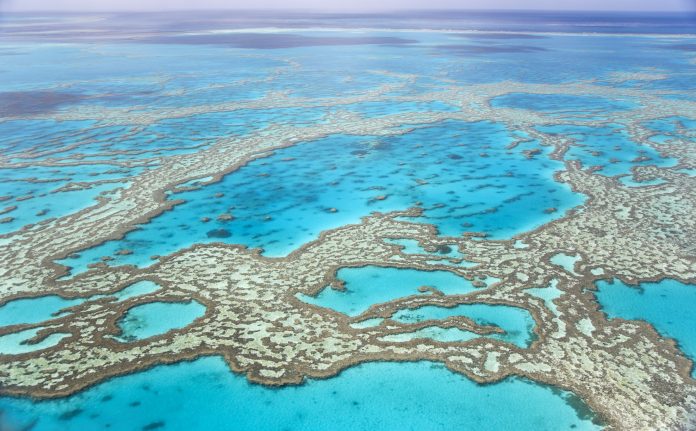Open Access Government produces compelling and informative news, publications, eBooks, and academic research articles for the public and private sector looking at health, diseases & conditions, workplace, research & innovation, digital transformation, government policy, environment, agriculture, energy, transport and more.
Home Search
climate change - search results
If you're not happy with the results, please do another search
Climate Mathematics
Predicting the future with climate mathematics Carrying out experiments on the entire climate system is unfeasible. This is because of the simple fact that we have only one Earth and it is in use.
Space heating – the blind spot of the EU energy and climate policy
Pertti Salminen, Director, EU Affairs and Antti Kohopää, Adviser of District heating at Finnish Energy highlights the benefits of district heating…
Heat consumption of residential, commercial and public buildings is about 30% of all energy use in the EU. Heat demand is mainly satisfied by individual fossil gas, oil and...
From spruce to beech forests – fundamental ecosystem transformation driven by climate
Professor Line Nybakken, Norwegian University of Life Sciences talks about the climatic potential of beech trees...
Beech has a wide distribution in Europe, but reaches its northern boundary in South-East Norway. With future climate change, it is expected that the beech will expand northwards, probably at the cost of spruce. Beech...
Let us take stock of our situation regarding Earth’s climate
1. Climate change is not a hoax. It is real and is happening now. The global average temperature is steadily increasing and there is no doubt that the most significant cause of this warming is the increasing concentration of CO2 in the atmosphere.
2. There is an overwhelming scientific consensus that...
The climate’s beating heart: Myths and maths
It stores heat, greenhouse gases and gives back at a measured rate. It is the World’s Ocean. As a player in our understanding and predicting the climate on Earth, it has had a supporting role to the atmosphere. But things have changed and it is moving to center-stage.
To a...
Researching soil and the climate
Tom Sauer joined the U.S. Department of Agriculture’s Agricultural Research Service (ARS) as a Research Associate at the National Soil Tilth Laboratory (NSTL) in Ames, Iowa in the fall of 1993. He had just obtained his PhD in environmental biophysics from the University of Wisconsin-Madison under the direction of...
The Arctic: A global climate “canary in a coal mine”
Dr Jan-Gunnar Winther, Director of the Norwegian Polar Institute, explains how a dramatically warming Arctic heralds global changes to come
It is a documented fact that no region of the planet is experiencing more dramatic climate change than the Arctic. In recent years, this has resulted in melting glaciers, rapid...
Climate cooperation in Europe’s first macro-region
Maxi Nachtigall, Adviser Sustainable Development, Council of the Baltic Sea States, CBSS sheds light on how the Baltic Sea Region is taking action to limit the impact from climate change…
The Baltic Sea region (BSR) is Europe’s first macro region. Since 2009, the European Union Strategy for the Baltic Sea...
Climate cooperation in Europe’s first macro-region
Maxi Nachtigall, Adviser Sustainable Development, Council of the Baltic Sea States, CBSS sheds light on how the Baltic Sea Region is taking action to limit the impact from climate change
The Baltic Sea region (BSR) is Europe’s first macro region. Since 2009, the European Union Strategy for the Baltic Sea region...
2030 climate goals outlined by EU
The European Commission has set out its plans for climate and energy policy 2030.
Goals announced by the Commission include achieving a competitive, secure and low-carbon EU economy.
Proposals set out by the Commissioners suggest a reduction in greenhouse gas (GHG) emissions by 40% below the 1990 level, and an EU-wide...
Risk management: How we can prepare Europe for the future
Europe is facing increasingly complex risks created by climate change, geopolitical tensions, and rapid technological development, all of which are combining to create a challenging environment where disasters are more frequent, harder to predict, and often have wide-reaching impacts.
Revolutionizing CO2 Removal: The Power of Carbon Capture Surfaces™
As the world desperately seeks effective, scalable technologies to tackle climate change and prevent the ubiquitous harm that unchecked global warming will have on humanity, innovative carbon dioxide removal (CDR) technologies are becoming more essential than ever.
How can carbon capture surfaces help the planet?
Beth McDaniel, JD, President of Reactive Surfaces highlights the potential of Carbon Capture Surfaces (CCS), an innovative and affordable of method using algae for CO2 removal, addressing the urgent need for scalable solutions to combat climate change.
Satellite breakthrough: New method to track fossil fuel CO2 emissions
A new satellite method will revolutionise CO2 tracking, using NO2 as a proxy. This breakthrough offers precise emission monitoring, crucial for climate action. It enables localised to national-level assessments, enhancing global efforts to combat climate change.
New study explores new forest management to reduce wildfire risks
New research conducted by researchers at Florida Atlantic University as revealed new ways to reduce the risks of devastating wildfires while promoting healthier forests and combating climate change.
Launching the C-ARCH solutions lab to combat rising global temperatures
Facing escalating climate threats, Columbia's Mailman School of Public Health launched C-ARCH. The "solutions lab" will drive global research, forge partnerships, and develop strategies to combat climate change's health impacts, prioritising vulnerable communities and practical resilience.
DOE invests $6 million to design a carbon dioxide transport system
The U.S. Department of Energy (DOE) is moving forward it's aim to combat climate change by announcing a $6 million investment to explore the transportation of carbon dioxide (CO₂).
Cornwall: A hub for research, innovation and sustainability
Cornwall is emerging as a global centre for innovation and sustainability. The county is at the forefront of addressing critical global challenges, from climate change and human health to securing a sustainable supply of critical minerals.
Easy to use Qvantum products
To call Dr Mikael Adlers ”Q” is correct in so many ways. Just as his namesake at MI6’s Q-branch develops ingenious tools that help James Bond fight bad guys, Mikael Adlers and his team develop tools that will help Qvantum customers fight climate change.
Is the hope for coral reef survival?
The genetic diversity of Australia's Great Barrier Reef could hold the key to its survival and adaptation to climate change impacts.

